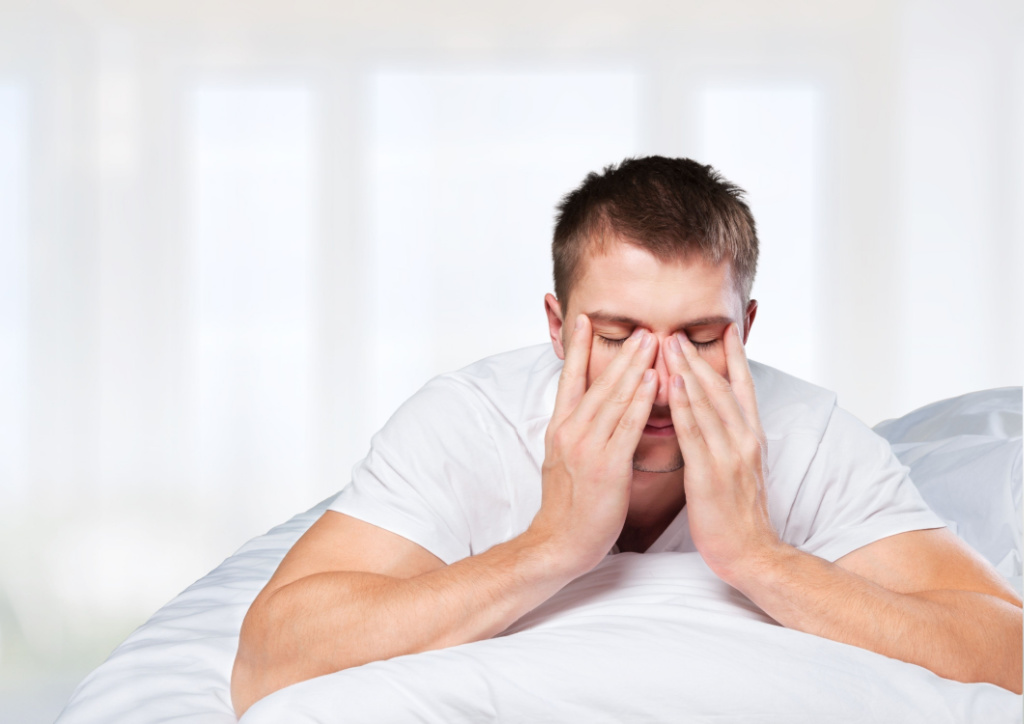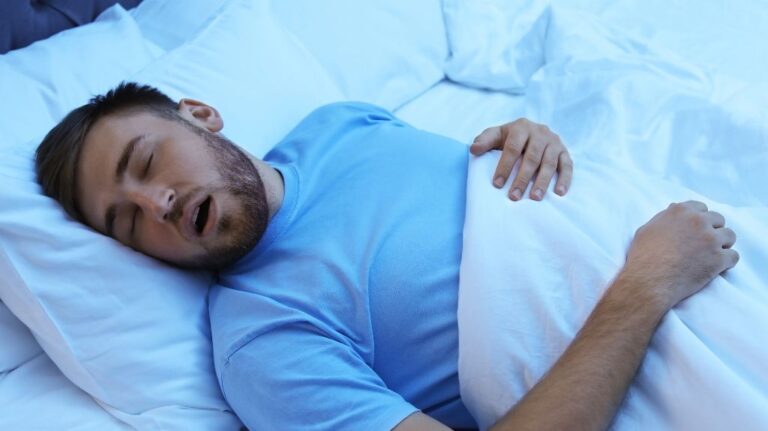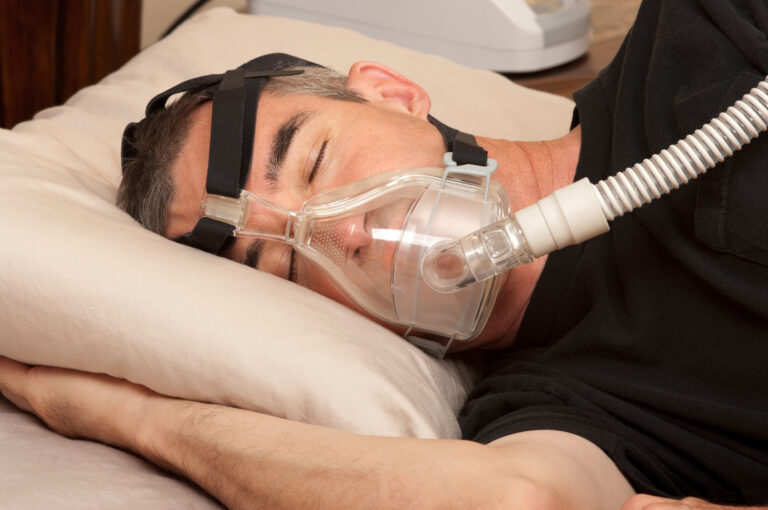Can I Get VA Benefits for Sleep Apnea?
VA benefits provide essential support to veterans who have served their country, ensuring they receive the necessary assistance and care for various medical conditions that may arise as a result of their service. Among these conditions, sleep apnea has gained significant attention due to its prevalence and impact on veterans’ well-being. Sleep apnea, a disorder characterized by interrupted breathing during sleep, can lead to numerous health complications if left untreated.
Recognizing the potential connection between sleep apnea and military service, the Department of Veterans Affairs (VA) offers benefits and resources to eligible veterans diagnosed with this condition. Understanding the relationship between VA benefits and sleep apnea is crucial for veterans seeking proper medical care and support in managing this disorder.

The VA Ratings Process for Sleep Apnea
Within the framework of the VA disability process, each granted disability claim is assigned a specific percentage number, a pivotal factor that governs the allocation of monthly benefits. This numerical rating, whether pertaining to an individual disability or combined using the intricate calculus of “VA math” to arrive at an overarching VA disability rating, profoundly influences the extent of financial support veterans receive.
Guided by federal laws and regulations, the VA adheres to a systematic protocol for assigning ratings to a wide spectrum of disabilities, often juxtaposing the diagnosed condition and its symptoms with meticulously crafted rating schedules. As explored in the subsequent discussion, the evaluation of sleep apnea claims entails categorization into 0%, 30%, 50%, or 100% ratings, reflecting varying degrees of impairment.
Instances frequently arise where the VA renders a ratings decision on a veteran’s claim, a judgment that may not align with the veteran’s perspective. These instances of underratings, characterized by an apparent undervaluation of the deserved rating, frequently become the subject of appeals, which, in many cases, prove successful. For veterans aiming to enhance their VA disability rating, the acquisition of a proficient VA disability attorney’s services is often a prudent step towards navigating this complex terrain effectively.
VA Ratings Percentages Breakdown
- 0%: When a veteran has been diagnosed with sleep apnea but doesn’t experience symptoms, a 0% disability rating is assigned. While disability payments aren’t applicable for a veteran with this rating, they might still be eligible for alternative VA disability benefits, such as income-based medical care for service-connected conditions.
- 30%: If a veteran grapples with “persistent daytime hypersomnolence” due to sleep apnea, a 30% disability rating is assigned. This rating grants the veteran reduced disability compensation (amounting to $508.05/month in 2023) and various other benefits, including cost-free medical care and prescriptions linked to service-connected disabilities.
- 50%: A 50% disability rating is designated when a veteran necessitates the use of a breathing assistance apparatus like a CPAP machine to manage sleep apnea. This rating entails partial disability payments (equating to $1,041.82/month in 2023) and additional perks, encompassing more extensive healthcare coverage.
- 100%: In scenarios where a veteran experiences chronic respiratory failure accompanied by carbon dioxide retention, cor pulmonale, or requires a tracheostomy due to sleep apnea, a 100% disability rating is assigned. With this rating, the veteran becomes eligible for full disability compensation (totaling $3,757.00/month in 2023) and an array of supplementary VA disability benefits. These benefits encompass complimentary medical care, prescriptions, as well as healthcare and educational provisions for dependents.
The Most Common Sleep Apnea Issues for Veterans
Sleep apnea emerges as a grave sleep disorder characterized by interruptions in breathing during slumber. These interruptions, occurring without the sleeper’s awareness, might manifest as repeated breathing cessations, sometimes numbering in the hundreds during a single night. This disorder engenders a deficiency of oxygen supply to both the brain and the body, yielding consequential effects.
Two distinct variants of sleep apnea exist: obstructive sleep apnea (OSA) and central sleep apnea. The former arises from airway blockages, often materializing when soft throat tissues collapse during sleep. Conversely, central sleep apnea emerges from the brain’s failure to issue breathing signals due to instability in the respiratory control center. Accurate identification necessitates testing and medical expertise.
VA disability claims pertaining to sleep apnea can be directly associated with military service in certain instances. However, more commonly, sleep apnea is claimed as a secondary condition linked to another service-connected disability. Regardless of the linkage, the VA evaluates sleep apnea claims using the same rating scale.
Under this scale, the VA assigns ratings for sleep apnea, ranging from 0% for documented asymptomatic sleep disorders, to 30% for consistent daytime sleepiness, 50% when the use of a breathing device like a CPAP machine is mandatory, and 100% for instances of chronic respiratory failure accompanied by carbon dioxide retention, cor pulmonale (abnormal enlargement of the right side of the heart), or necessitating a tracheostomy (a surgical incision in the windpipe).
Sleep Apnea and TDIU
The eligibility criteria for Total Disability Individual Unemployability (TDIU) do not hinge on a specific type of disabling condition. Instead, they revolve around the individual’s ratings level for various disabilities, the cumulative overall ratings, and the inability to sustain substantial employment. Further information regarding TDIU claims can be explored here.
Getting Help with Sleep Apnea VA Benefits
In seeking assistance with VA benefits for sleep apnea, it is essential to recognize that you’re not alone in navigating this process. The complexities of the VA system can be overwhelming, but armed with knowledge and a clear understanding of the intricacies involved, you can ensure that your condition receives the recognition and support it warrants. Whether you’re seeking compensation for your sleep apnea directly related to service or as a secondary condition, the VA offers pathways to access the benefits you rightfully deserve.
By engaging with reliable resources, connecting with veterans’ service organizations, and potentially seeking legal counsel, you can navigate the path to securing the appropriate benefits with confidence. Remember that your health and well-being are paramount, and the journey toward obtaining the support you need is a journey well worth undertaking.
Having an attorney look at your case can greatly improve your chances of ultimately being approved for benefits. We can help link you with an attorney that can assist you today.



